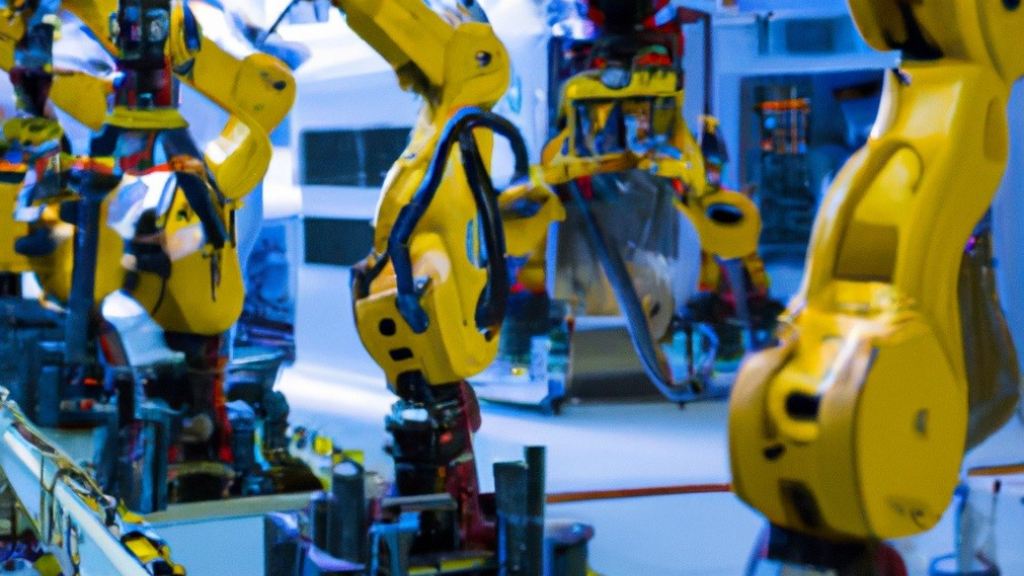
The advance of the industry 4.0 in some industrial sectors of Spain such asTransversal logistics and logistics operators, automotive and facility management it is unstoppable. However, its impact on SMEs is less due to their investment capacity.
This is clear from a report by the Imancorp Foundation and the Autonomous University of Barcelona prepared within the framework of the Digital Skills and Employment Observatory promoted by both entities and for which a survey has been carried out and experts from the sectors have been consulted.
In 2020, this Digital Skills and Employment Observatory produced a first report, published in 2021, in which the digital skills of the population were analyzed and how they affect their employability. According to said report, 23.9% of Spaniards either do not have digital skills or they are very basic.
The general objective of this second report was to analyze the digital transformation of four key sectors in the Spanish economy and especially in its industrial area (automotive, transversal logistics and logistics operators and facility management), to examine the impact of digitization on SMEs and identify new skills and training needs in these sectors.
According to the report, in addition to a lower penetration of industry 4.0 in SMEs, in these sectors there has been a higher risk of displacement in less qualified positions because of digitization.
Transversal logistics and logistics operators
According to the report, in the last five years, 16% of logistics SMEs They have replaced staff with automated processes. In addition, 17.4% of companies have reduced staff as a result of digitization but 8.7% have increased them for the same reason.
These changes in the workforce have occurred despite the low penetration of the main industry 4.0 technologies in SMEs in the Spanish logistics sector. Only 30% have used big data in the last year, only 21.5% use cloud services and the Internet of Things (IoT) only reaches 26.7% of companies in the sector. Some specific technologies, such as voice picking or the blockchain, are not very developed either.
automotive
In the automotive sector, 25% of SMEs in the automotive sector have already incorporated Artificial Intelligence. Basic digitization (web, electronic invoicing…) is well established in the sector and the most innovative (big data, AI, 3D) still has a long way to go. The report, which is based on data from the INE, shows how 8.89% of automotive SMEs in Spain already use some kind of non-industrial robot and more than 53% have their own 3D printer.
This digitization has already had an effect on the workforce. 12.5% of SMEs in the sector have seen some occupational profile disappear completely and be replaced by automated processes. This is the case of profiles such as bolting processes or purchasing.
Facility management
Digitization in the Spanish facility management sector is still very low. Only 20% of the SMEs in the sector have, for example, cloud storage. It is almost the same percentage that currently uses IoT, and only 15% carry out big data analytics or has some kind of robotics.
This means, according to the same report, that industry 4.0 is still a long way from being well established in the sector.
Regarding which of these tools they believe will consolidate in their sector in the future, according to data collected in the study, more than 40% of SMEs pointed to the IoT as the main tool, while 30% pointed to the CMMS −Computer-Aided Maintenance Management − As the one with the best chances of consolidating.



